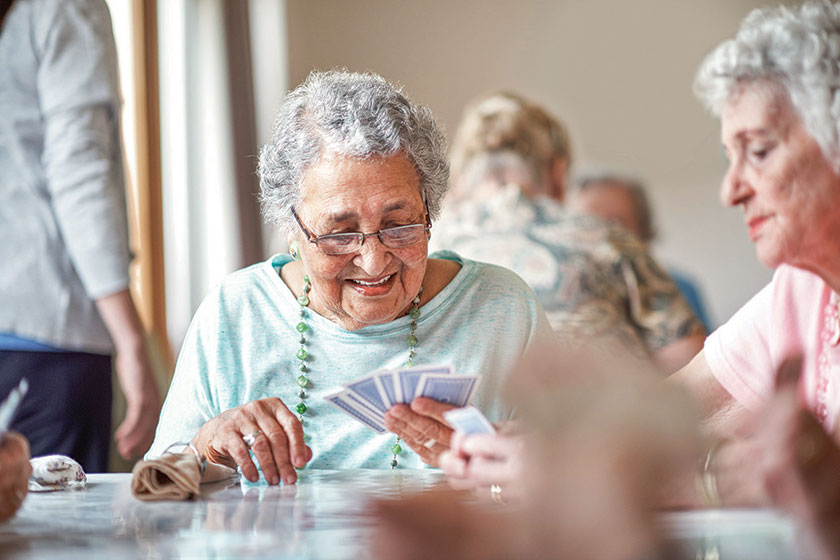Being a caregiver for an individual with dementia has its unique challenges. We may be able to use logic to address and communicate with others, however, for a family member with dementia, we can no longer do the same. This is because we cannot use logic with an individual who is not able to tell time or holds a clear understanding between hours and days. The optimal strategy is to cast logic aside and think of this relationship as if you’re riding through a wave. Stay strong and ride through the ups and downs you will face during this journey and meet your family member where he or she is, emotionally and mentally. In this guide, we provide three top tips to a caregiver who is dealing with dementia patients.
Being an Advocate
Whenever you visit the doctor with your loved ones, step up and be an advocate for them. The primary care physician may not be as aware of which stage of dementia your loved one is in. As the caregiver, you will understand his or her condition better, so do not hesitate to speak up. Keep an eye out on service providers who may unknowingly speak louder or communicate with you instead of your loved one. As long as your loved one is capable of responding, he or she should be treated with the same respect. Use your voice to advocate for your loved ones to ensure they retain their dignity.
Staying On Top of Personal Hygiene
As the stages of dementia progress, your role will evolve as well. You may even see your loved one’s behavior change when it comes to maintaining his or her personal hygiene. He or she may become nervous about taking a shower or bath. Your family member may also require assistance using the bathroom or suffer from incontinence. As a caregiver, you should try to figure out what’s worrying to him or her, and be sensitive when doing so. Ask your loved one how you can help, or suggest alternatives if he or she is uncertain. What matters most is reassuring your loved one that you will be there to keep him or her safe.
Involving Your Loved Ones in Daily Activities
Physical and mental stimulation can be beneficial to your loved one. Unless there is strong evidence that your loved one is incapable of performing certain tasks, try to involve him or her in daily activities. As you bring in your loved one to join you in daily activities, observe how he or she is performing. If your loved one appears to be frustrated or is struggling with the activity, keep it as a mental note to avoid these activities next time. As long as your loved one is still physically capable to rake the lawn or fold the laundry, you should encourage him or her to help out.
Memory Care Program at Discovery Senior Living
As a caregiver, taking care of a family member with dementia is no easy feat and has its own set of challenges. Here at Discovery Senior Living, we aim to support you and your loved ones through tough times with our SHINE® Memory Care Program. Using a person-centered approach, we create a holistic care plan made to fit your loved one’s unique abilities and needs.







